The Georgia Department of Public Health (GDPH) is the lead agency entrusted by the people of the state of Georgia with the ultimate responsibility for the health of communities and the Georgia population. The agency is seeking a candidate for the position of Medical Record Epidemiology Liaison within the Epidemiology Section, Maternal and Child Health Epidemiology Unit (MCH EPI). MCH EPI is seeking an epidemiologist to assist with identifying infants with birth defects, longitudinal tracking of infants with congenital syphilis and Zika exposure, and the subsequent medical record request process. MCH EPI carries out a number of activities related to case ascertainment, case confirmation, and data quality assurance of birth defects in Georgia infants. MCH EPI staff work closely with our 18 health districts, Georgia healthcare facilities, and the CDC’s National Center for Birth Defects and Developmental Disabilities (NCBDDD).
MCH EPI houses several teams, including the Pregnancy Risk Assessment Monitoring System (PRAMS) project, perinatal health (maternal and infant morbidity and mortality, family planning), children’s health screening and services, and birth defects and neonatal abstinence syndrome (NAS) surveillance. This opportunity is with the Newborn Surveillance Team in MCH EPI. The Newborn Surveillance Team conducts surveillance for reportable birth defects, NAS, and longitudinal follow-up of congenital Zika and congenital syphilis exposure by monitoring the volume of case reports, confirming reported cases, and ensuring affected infants and families are referred to early intervention services. In this position, the Medical Record Epidemiology Liaison will gain experience in field epidemiology under the guidance and support of the Newborn Surveillance Team Lead, the Congenital Infections Registry Coordinator (CIRC), and the Infant Surveillance Epidemiologist. To aid in monthly reporting of birth defects data and quarterly reporting of congenital Zika and congenital syphilis data, the Medical Record Epidemiology Liaison will perform medical record retrieval, tracking, and data entry using the State Electronic Notifiable Disease Surveillance System (SendSS). Travel to facilities to obtain medical records may be necessary. An ideal candidate must be attentive to detail and comfortable working with external stakeholders.
Job Responsibilities:
Ensure the status of each suspected birth defects case is kept up-to-date in the tracking form in the Georgia Birth Defects Registry, housed in SendSS
Assist the CIRC Epidemiologist in obtaining medical records and completed CDC forms from providers
Identify suspect birth defects cases using the Georgia Birth Defects Registry in SendSS
Case confirmation:
Request records from relevant facilities (e.g., birth hospitals and individual providers)
Ensure timely receipt of records for case reporting schedule o Assist the Newborn Surveillance Team Lead and Infant Surveillance Epidemiologist in reviewing records to confirm diagnoses of interest per CDC case definition
Assist the Newborn Surveillance Team Lead and Infant Surveillance Epidemiologist in determining which cases are reportable for general birth defects o Adapt to changing case guidance as appropriate
Perform data entry for ongoing reporting and evaluation
Assist the Newborn Surveillance Team Lead with ongoing data quality assurance
Assist with other projects (e.g., preparing conference abstracts and presentations) as needed Medical Record Epidemiology Liaison Job Posting 9/9/2019 The Medical Record Epidemiology Liaison will report to the Newborn Surveillance Team Lead.
Minimum Qualifications: Bachelor’s degree in any field from an accredited college or university OR two years of experience performing epidemiologic work or work in a closely related field.
Preferred Qualifications: In addition to meeting the minimum qualifications, preference will be given to applicants who possess the following:
Pursuing Master of Public Health with concentration in Epidemiology
Experience working in state or local public health departments
Comfort with Microsoft Excel and SAS or other statistical software
If interested, please contact Jerusha Barton with your resume at jerusha [dot] barton [at] dph [dot] ga [dot] gov.
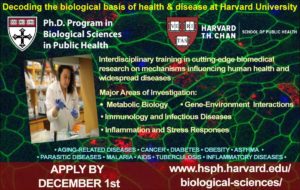

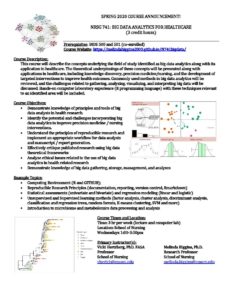


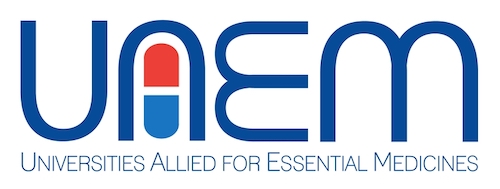

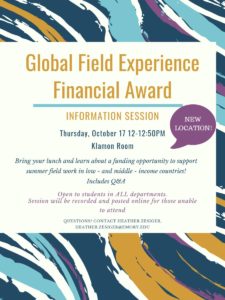
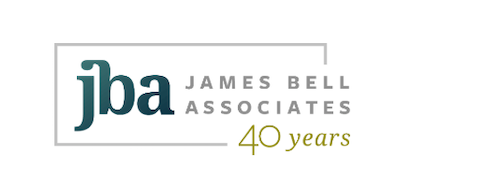

Recent Comments